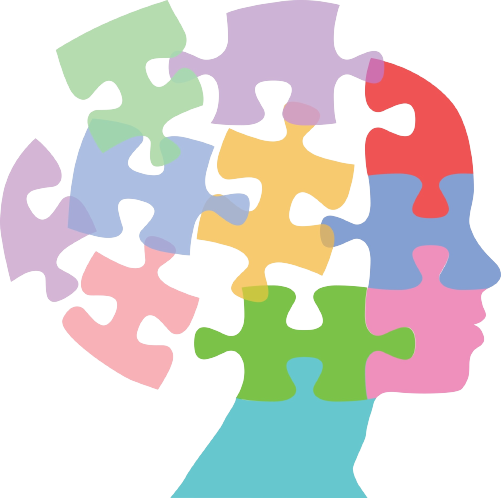Changes can sometimes be great and welcome and at other times feel catastrophic. Life transitions impact us externally and internally throughout our lives. Coping with these life transitions depends on how we are feeling about ourselves, our life, and where we see ourselves with our values, beliefs, and confidence with making decisions.
The internal process of transition can have us questioning who we are as a person. As a part of this questioning we may be letting go of old beliefs and attitudes that once supported us in the direction we needed to go but now are falling short. The story of our life shapes us and we often challenge any change that comes to intercede in it.
How can we continue to adopt a growth mindset and still respect the things that have made us who we are up until now? Growth is essential for all of us as we develop, become independent of our parents, make choices regarding our work and career, and choose friends and partners to share it all with.
Strategies for Coping with it All:
- Give Yourself Time to Adjust
The external transition may happen quickly but that does not have to mean that internally you are completely on board. Practice compassion for yourself. How can you do this? Cognitive Behavior Therapy (CBT) offers a variety of strategies to support self-compassion. One is to ask yourself if your best friend was experiencing this, what would I say to them to be supportive. Once you have decided what that is, say it to yourself. It is also helpful to remind yourself that you are going to do the best you can in this moment.
- Set Aside Time for Thinking
In order to internally align with life’s transition it is important to have time to think about how you are feeling and process how you want to manage yourself in order to adjust.
- Set Small Goals
Ask yourself “What is one small thing I can do right now?” Don’t make decisions if you are not ready. Often we want to move quickly through stressful life transitions in order to feel better. This can result in feeling worse.
- Stay Connected with Others
Finding solace in the support of friends and family can make you feel less lonely and stressed. Being able to express what is happening to someone that is listening to you will help you make sense of what you are experiencing. It is important to avoid people that want to give you their advice or tell you what you should do.
When to Seek Help
We all experience life transitions, and some are more challenging than others. When you are feeling a distress during a life transition that is impacting your mood, social interactions, and your ability to function in your daily life it is time to seek a consultation with a therapist.

